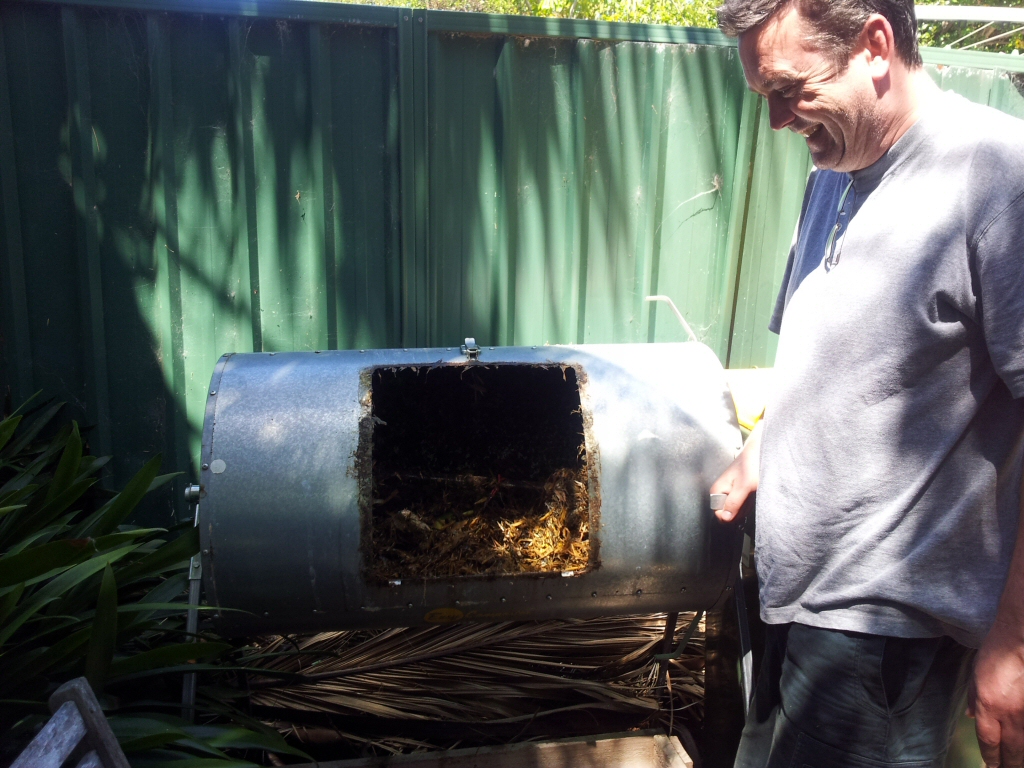Can I Compost Weeds?
Every garden has its very own crop of weeds depending on the soil, climate and previous history to name a few factors. One solution to weeds is to see them as valuable organic matter that can be used to improve your soil. The easiest to compost are weeds that grow as annuals that come up profusely from seed, such as dandelions and chickweed. The only proviso is to get them before they go to seed and then just bury them in a properly constructed ‘hot’ compost heap that will break them down so they do not survive to reproduce.
What to do with a pile of weeds?
The worst weeds to compost are ones that have tough vegetative structures that are capable of resprouting while they are in the compost heap. Lawn grasses with thick or persistent runners such as kikuyu and couch grass or plants with bulbous structures such as soursob (Oxalis species) and nut grass are classic examples. To kill weeds like these they must generally be put into a ‘hot’ compost heap that gets above 50 degrees C for several weeks. This can be achieved in a free standing heap or alternatively a compost tumbler, a system that allows you to easily turn the compost regularly to keep the heat up.
If you are in any doubt about whether your home composting system will kill your weeds a good alternative is to put them in a green waste bin if your local council provides such a service. Many landfill sites will take bulk deliveries of vegetation that they compost in massive windrows to ensure the weeds are devitalised in a huge ‘hot’ compost pile.

